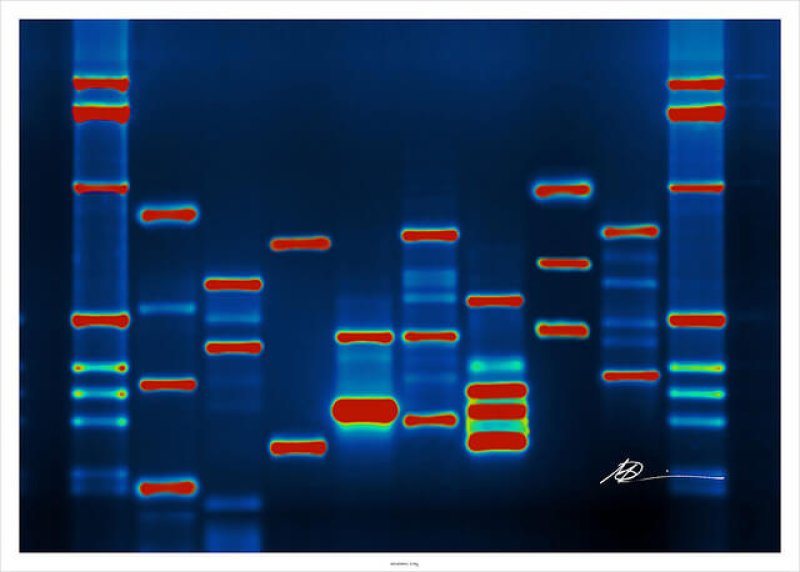Earlier this week, Reuters and Vox reported that the major direct-to-consumer genetic testing company, 23andMe, was looking to expand internationally in order to find customers outside the reach of U.S. regulations. In November 2013, the FDA prohibited the company from selling its product because of the chance of providing erroneous health information and the company’s refusal to provide data. 23andMe now only offers customers ancestry analysis and raw genetic data.
From Christina Farr at Reuters:
The Google Inc-backed firm is targeting English-speaking markets, with Australia, Canada and Britain the most likely contenders, the person said, declining to be named as they were not authorized to speak to the media.
A spokesperson said the company was considering expanding abroad, but declined to give details. “We are in the process of evaluating international opportunities,” said 23andme spokesperson Catherine Afarian. The FDA may take years to decide on the gene testing kit. In the meantime, 23andMe aims to offer partial or full genetic-testing services outside of the United States by the end of the year, the source said.
Most countries, including the U.S., regulate the tests under the processes that govern medical devices, rather than those that regulate pharmaceuticals or other health monitors like thermometers or blood pressure cuffs. Susannah Locke at Vox explains:
Trying to fit this new technology into an old regulatory framework produces some weird comparisons. Should something that provides an analysis of genetic risk be classified as a medical device like a pacemaker or a hospital’s gene testing kit? Or is it more similar to a fitness tracker like a Fitbit — which anyone can buy off the shelf? Or somewhere in between?
It’s not known when or how the FDA will decide whether to allow 23andme to restart their health analysis business, or what data the regulatory agency would need from the company before it could make a decision. Maybe international markets offer a solution to both, as Patrician Zettler, former associate chief counsel with the FDA told Farr.
“In the meantime, if a route to faster approval exists for 23andme, it’s smart to consider it,” Zettler said. In fact, if the company doesn’t start selling its test abroad, she added, “it might be more difficult to get the data to support authorization in the U.S.
At least in Europe, the regulatory window that would allow testing companies like 23andMe to operate is closing quickly. The European Parliament just proposed new rules that would force any direct-to-consumer test to go through a physician or genetic counselor for informed consent briefings. According to the European Society of Human Genetics:
Amendments, proposed by German MEP Peter Liese, call for mandatory detailed genetic counselling to accompany every genetic test and hold the person carrying out a genetic test responsible for the rights, safety and well-being of the test subjects. The amendments say that genetic counselling should be appropriate and comprehensible and that it should include medical, ethical, social, psychological and legal aspects.
Sources:
- Gene startup 23andme casts eyes abroad after U.S. regulatory hurdle, Christina Farr, Reuters
- The FDA won’t let 23andMe test your genes — so it may go to Europe, Susannah Locke, Vox
- Proposed amendments to EU Regulation on Medical Devices are counter to patients’ interests and unworkable, European Society of Human Genetics
Additional Resources:
- FDA halt of 23andMe test kit could stall progress in personal genomics, Jeremy Summers, Genetic Literacy Project
- FDA action against 23andMe reveals importance of communication in regulatory process, Jeremy Summers, Genetic Literacy Project































